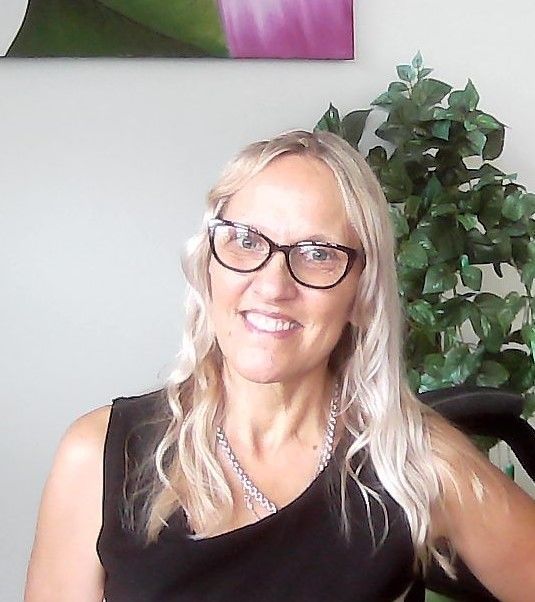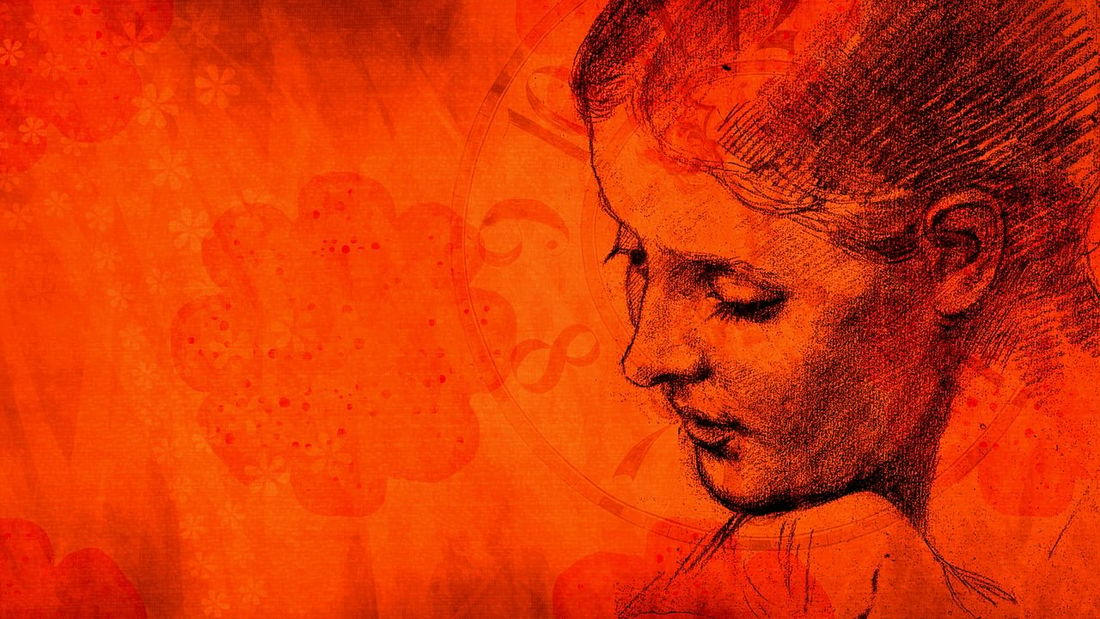If you look back at your life, what do you see?
Missed opportunities, unfulfilled dreams, failed relationships, things done or not done.
“If only I’d spent more time with my children”… “I wish I’d had the courage to follow my passion”… “What if I’d taken the chance and moved to another country”. Oh, the regrets we have. So many “if onlys” and “what ifs”.
Yes, we all have regrets!
But many of us live our lives with too many regrets. Merely existing and not living a more fulfilling life. Regret hurts. It’s a heavy feeling of guilt, sadness, disappointment or self-blame. We ruminate and dwell on past mistakes. We feel stuck, powerless and unable to move forward with our lives. Constantly ruminating about something we can’t change can have a negative impact on our wellbeing. Regret has also been linked to feelings of stress, anxiety, and helplessness.
Regret can also be one of the greatest teachers. It can motivate us to make positive changes.
How can we transform regret into something meaningful?
Slow down a little and look within. Ask yourself, what is your regret trying to tell you? Reflect, but don’t ruminate, on your regret. There’s a big difference between reflecting and ruminating. Although this can bring up uncomfortable feelings and emotions, it’s important to tune in and acknowledge them. Don’t push them away. Allow yourself to feel them, without judgement. It's important to have compassion for yourself. Easier said than done, of course, but like learning any new skill, this will become easier.
By reflecting on our regrets constructively, we start to see our mistakes as learning opportunities. We gain wisdom from our experience. And we start to release the burden of regret by forgiving ourselves, accepting our shortcomings and letting go of unrealistic expectations. Speaking with a therapist can be a helpful way to explore and process issues relating to regret, especially if there’s a history of trauma, violence or abuse.
Many years ago, I volunteered at a hospice providing emotional support for people who had experienced the death of a loved one. It was a privilege to help grieving families. I learned a lot about life and death. I learned what is truly important in life… what really matters and what doesn’t.
People who are dying, often see life from a different perspective. They reflect on their lives. They do a “life review”. Many studies have shown that terminally ill people wish they would have done things differently. They express sorrow and disappointment for not having been there for loved ones. Always trying to live up to someone else’s expectations. Pretending to be someone or something they are not. Chasing status, wealth, and success was more important.
But wealth does not equal happiness. Those who base their value system on money and material possessions are no happier than the rest of us. The death of a loved one or a friend makes us think, even briefly, about our own mortality. It provides an opportunity to reflect on our lives.
So, don’t wait until it’s too late to start living a more meaningful life.
Reflect and then... make the most of your regrets!

Eila Mikkonen
Counsellor, Clinical Supervisor & Mental Fitness Facilitator


